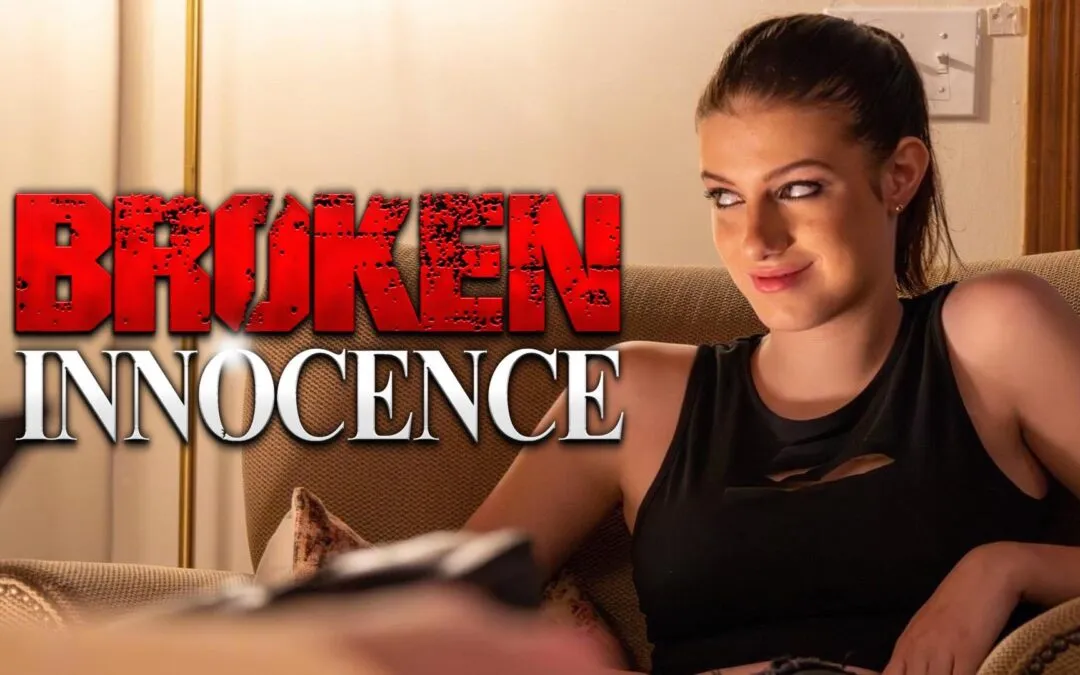No Tell Motel (2012), directed by Brett Donowho, is a low-budget, atmospheric horror film that blends supernatural terror with human guilt. Set almost entirely within the walls of a rotting, off-the-map roadside motel, the movie traps its characters — and the audience — in a space soaked in decay, trauma, and unfinished violence.
The story follows five teenagers on a road trip that takes a sudden, sinister detour. After a car crash in the middle of nowhere leaves them stranded, they seek shelter in the only structure nearby: an abandoned motel hidden among the trees. It's a place frozen in time, covered in dust, cobwebs, and a silence that feels heavier than it should. What begins as a temporary refuge quickly becomes a living nightmare.

Each of the teens carries a secret — something unspoken, something festering. And the motel seems to know it. Room by room, the building exposes them to their worst fears and regrets. Visions, apparitions, and strange occurrences begin to torment the group, isolating them not just from the world, but from one another.
As the night stretches on, the group uncovers the motel’s haunting backstory: a young girl named Angela, who died in Room 6 under horrific, mysterious circumstances. Her presence still lingers — not just as a ghost, but as a reminder of the cruelty that once took place there. Her spirit doesn't simply haunt the motel — it punishes those who bring their own darkness into its walls.

The horror is psychological and supernatural in equal measure. Objects move without cause. Mirrors reflect events that haven't yet happened. Hallways shift. Time slips. And guilt — raw and unresolved — becomes a weapon. One by one, the characters are forced to confront what they’ve done, or what they’ve failed to stop.
Though the acting and production values reflect the film’s indie status, No Tell Motel succeeds in atmosphere. The motel itself is the star — a crumbling labyrinth of pain that feels less like a place and more like purgatory. Peeling wallpaper, flickering bulbs, and bloodstained bathtubs become visual metaphors for the characters' unraveling psyches.
Where the film falls short is in its pacing and some uneven character development. Not all backstories are explored deeply, and some scares lean into familiar tropes. But it compensates with a commitment to tone: bleak, oppressive, and morally charged. There’s no escape, only confrontation.

At its core, No Tell Motel is about the past — how it haunts, how it infects, and how some wounds never stop bleeding. The motel is a physical manifestation of that truth, turning guilt into punishment and secrets into apparitions.
In the final act, the survivors come to a chilling realization: the only way out is through confession — through owning up to the truth. But even that may not be enough. The motel doesn’t forgive. It waits. It listens. And it remembers.
No Tell Motel may not redefine the genre, but it delivers an effective, grim tale of ghosts — not just of the dead, but of our own mistakes.

-1751517237-q80.webp)

